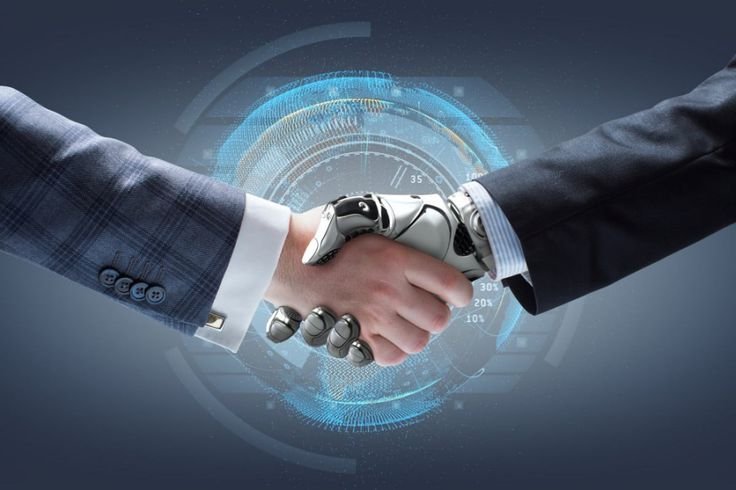As artificial intelligence (AI) continues to be rapidly integrated into all aspects of our personal and professional lives, new legal issues related to artificial intelligence systems are emerging. Challenges include liability and negligence issues to issues related to data privacy, intellectual property, and compliance with evolving – and sometimes inconsistent-AI regulations. When disputes arise, the traditional litigation process may not be the best way forward.
Mediation offers a preferred alternative to resolving legal disputes related to artificial intelligence for several main reasons:
The high-tech nature of disputes related to artificial intelligence
Legal battles about artificial intelligence may involve complex technical concepts and details about data, algorithms, and the mechanism of functioning of artificial intelligence systems. Judges and juries are likely to lack specialized expertise in these complexities. In mediation, parties can choose a neutral mediator who possesses objective knowledge and previous experience with artificial intelligence to correctly assess the specifics of the case.
Lack of approved judicial and legal precedents
Since artificial intelligence is an emerging field, there is little precedent on how courts should rule on many legal issues related to artificial intelligence. The use of mediation allows the parties more control over the process and the outcome rather than risking a judge’s decision or a jury verdict that may set an unfavorable precedent. Through mediation, the parties can formulate a voluntary and joint solution that is appropriate to their particular situation.
The need for a quick solution to keep up with technology
The speed of development of artificial intelligence suggests that by the time the dispute is resolved through years of litigation, the technology in question may already be outdated. Moreover, the companies in question may not have the resources to survive during the litigation period. Mediation provides a fast track to quickly resolve conflicts before the underlying technology becomes irrelevant thanks to the next advances in artificial intelligence.
Disputes in the field of artificial intelligence
So far, most AI-related lawsuits have revolved around intellectual property issues, with copyright owners filing lawsuits against large AI models or image generators, accusing them of using their content to train models without permission or compensation.
Several lawsuits have been filed against these same companies under consumer protection and privacy laws as well, accusing them of violating the rights of individuals as a result of “scraping” from the internet to train artificial intelligence tools.
As more and more companies integrate AI into their daily business, we may see lawsuits against these very companies related to “hallucinations”, incorrect summaries of data and/or texts by AI tools. There will certainly be lawsuits that we may not expect at the moment.
Some AI disputes may require escalation to traditional litigation or arbitration if the parties cannot find a solution through mediation. However, in many cases, mediation will be the preferred first choice thanks to its experience, flexibility and efficiency in navigating through unfamiliar legal territory around artificial intelligence. Going to court should not be the automatic first response to legal disputes in a field – artificial intelligence – that is still known.




